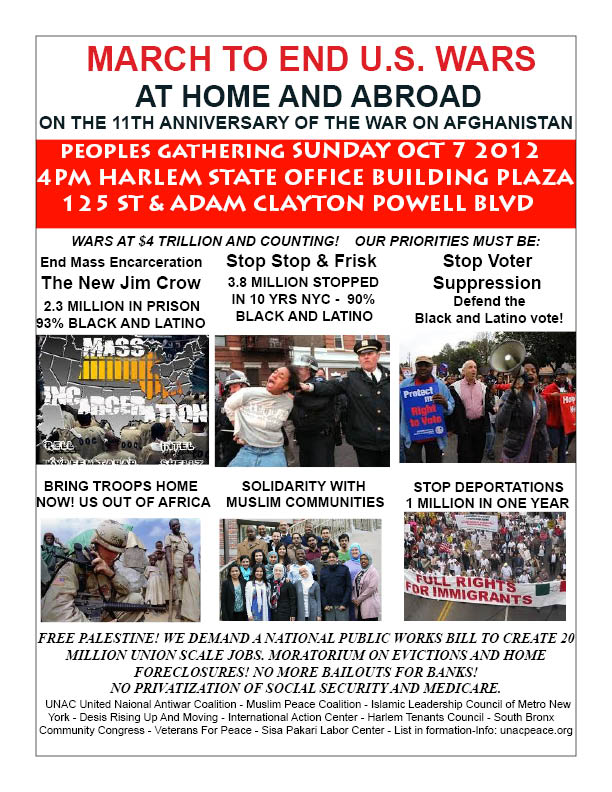Peter Paul Markin comment:
This was the fifth and final
story about growing up in the 1950’s, the childhood period of the generation of
’68 and of my own. This series got its start as a spin-off from a previous
series entitled “History and Class Consciousness- A Working Class Saga” that
came from a look back at the trials and tribulations of a family from my old
working class neighborhood where I came of political age. The stories here go
back to an earlier time and different location to that of the housing project
where my family first started out. They are motivated by a search to find out
the whys and wherefores of how consciousness of being poor gets implanted early
in life. The poor really are different from you the reader. The “what to do
about it” part I have discussed discuss, ad infinitum, elsewhere.
As I wrote this final piece a
line from a song was going through my head, Jerry Garcia’s Ripple-“There is a
road, no simple highway, between the dawn and the dark of night” That idea of
the road, as I will discuss below, very neatly sums up the situation here. Some
of this tale is meant as obvious metaphor, other parts are the real deal. In
any case here is the central axis of this story line. In this series of
sketches I have been talking about
growing up in the 1950’s. This was quintessentially the 'golden age' of the
automobile in America. You know the vast possibilities of the open highway –
the road-and the promise of adventure-fast and effortless.
The hard fact for the Markin
family was that through most of this period we did not have that automobile to
break out with. When we did this writer remembers mainly “clunkers” with their
inevitable breakdowns in odd and foreboding locations. But, mostly, we had no
car. Even in a housing project there was a social dividing line between those
with automobiles who could get out and those who were stuck. We were, forever
it seems, dependent on the kindnesses of neighbors. Or, usually, walking,
public transportation in that isolated location then, as now, being haphazard.
I learned to dread the weekly walk to get groceries, etc. Ouch, I can still
feel those hot summer roads baking my feet.
Okay, so you can now say that
walking is good for you. Fair enough. But here is where the tale gets weird. I
have mentioned on several other occasions another wealthy peninsula (detailed
in the first tale – “A Story of Two Peninsulas”) that abutted the peninsula
where my housing project was located. I have also mentioned that I had been
stopped, young as I was, in that locale by the local constabulary who asked
where I was from and what was my purpose in being there. Hell, all I wanted to
do was to walk along the streets that paralleled the ocean there. The tip-off
for the police, apparently, was that I had entered the area on foot (as opposed
to having been driven there like ‘normal’ people, I suppose) and they took it
from there. When cops start infringing on your right to walk in public space
wherever and whenever you feel like then you know that you are in a very class-
bound society-at least in these neighborhoods. In short, I was guilty of
walking while poor. Enough said.
What have I tried to present
here? Clearly, not all class struggles are limited to the visible ones of the
picket line or the barricade. Certainly the working class struggles that I have
noted here fall well below the radar of history but they also point some hard
facts about why we have so little working class political class-consciousness.
Putting up with their class hatred of us, their social humiliation of us, the
mere fact of being poor, of being constantly on the edge of violence, and of
facing the hazards of life in a dysfunctional family that as detailed in these
stories are all impediments to political class consciousness. And that is
before we even get to the streets. Remember though “there is a road, no simply
highway”-the class struggle road.










